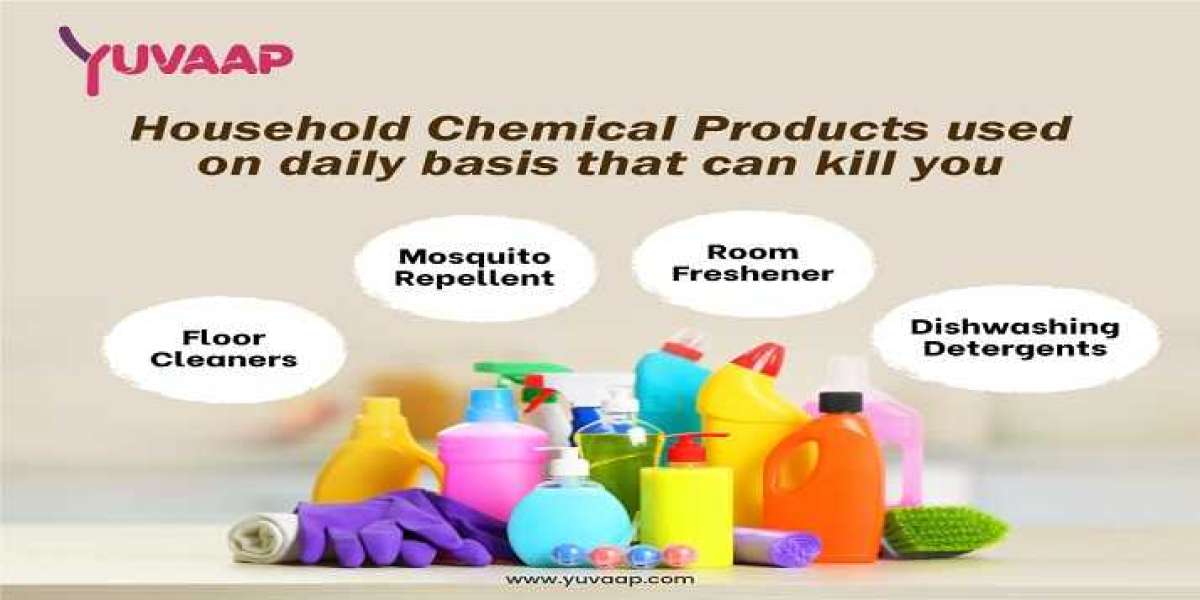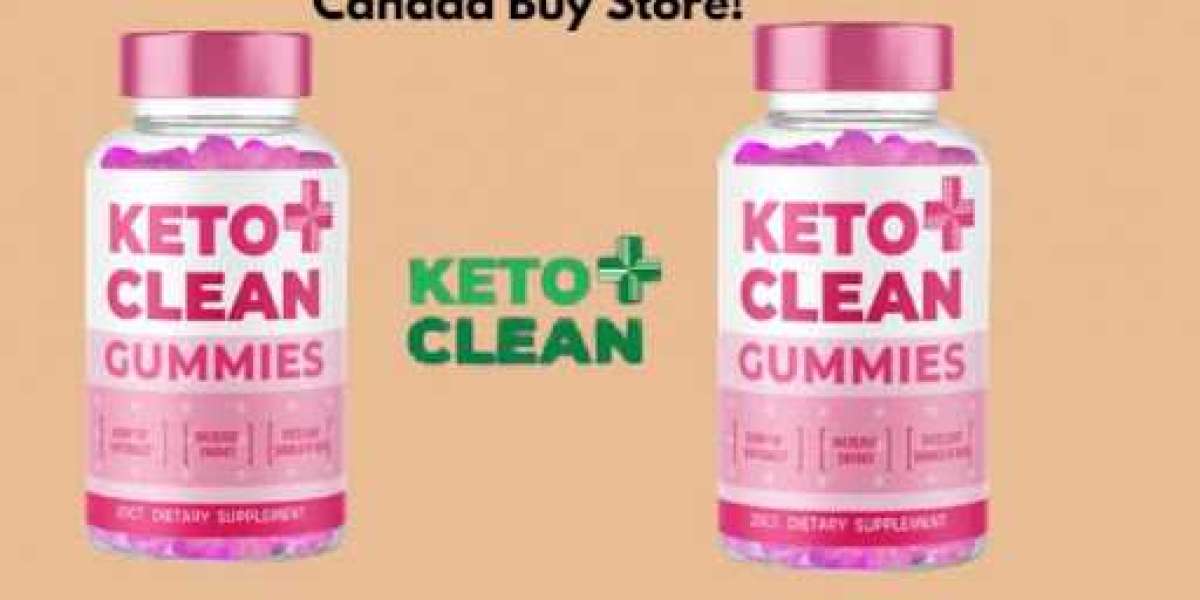When it comes to household cleaning, it's important to prioritise safety. While many cleaners are designed to eliminate dirt and grime, some products can actually pose serious health risks if not used properly. Here are five common household cleaners that can kill you if mishandled:
- Bleach: Bleach is a powerful disinfectant that can be effective at killing germs and removing stains. However, it's also highly toxic if ingested or inhaled. Mixing bleach with other cleaners, such as ammonia or vinegar, can create a dangerous chemical reaction that can release toxic fumes. Additionally, prolonged exposure to bleach can lead to skin irritation, respiratory problems, and even blindness.
- Ammonia: Ammonia is a common ingredient in glass cleaners and can be effective at removing grease and grime. However, it's also highly toxic if inhaled and can cause severe respiratory problems. Mixing ammonia with other cleaners, such as bleach, can create a dangerous chemical reaction that can release toxic fumes. Additionally, prolonged exposure to ammonia can lead to skin irritation, eye damage, and even death.
- Oven Cleaner: Oven cleaners are designed to remove baked-on grease and food from oven surfaces. However, they contain highly toxic chemicals such as lye and sodium hydroxide, which can cause severe burns if they come into contact with skin. Additionally, the fumes from oven cleaners can be harmful if inhaled and can cause respiratory problems, headaches, and nausea.
- Drain Cleaner: Drain cleaners are designed to unclog drains and remove blockages. However, they contain highly toxic chemicals such as sulfuric acid and sodium hydroxide, which can cause severe burns if they come into contact with skin. Additionally, the fumes from drain cleaners can be harmful if inhaled and can cause respiratory problems, headaches, and nausea.
- Furniture Polish: Furniture polish is designed to clean and protect wood surfaces. However, many furniture polishes contain toxic chemicals such as petroleum distillates and nitrobenzene, which can cause skin irritation, respiratory problems, and even cancer if ingested. Additionally, the fumes from furniture polish can be harmful if inhaled and can cause headaches and nausea.
To protect yourself and your family from the harmful effects of these cleaners, it's important to follow some basic safety guidelines:
- Read the label: Before using any household cleaner, read the label carefully and follow the instructions. Make sure you understand the proper use, storage, and disposal of the product.
- Ventilate: When using any household cleaner, make sure the area is well-ventilated. Open windows and doors to allow fresh air to circulate.
- Wear protective gear: When using any household cleaner, wear protective gear such as gloves, goggles, and a mask to protect yourself from exposure to harmful chemicals.
- Store safely: Store household cleaners in a safe, secure location out of reach of children and pets.
- Use alternatives: Consider using natural cleaning products, such as vinegar, baking soda, and lemon juice, as alternatives to harsh chemical cleaners.
In conclusion, while household cleaners can be effective at removing dirt and grime, they can also pose serious health risks if not used properly. By following some basic safety guidelines, you can protect yourself and your family from the harmful effects of these cleaners. Remember to read the label, ventilate the area, wear protective gear, store safely, and consider using natural alternatives.
SOURCE: Household Cleaners That Can Kill








